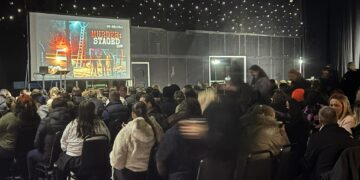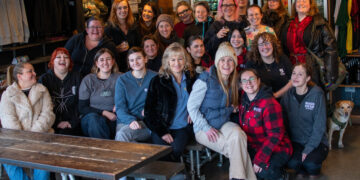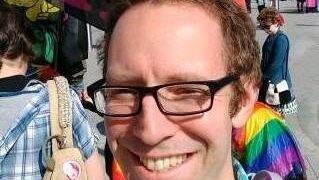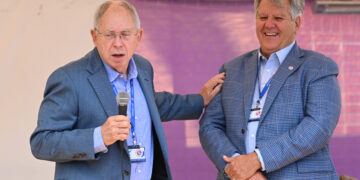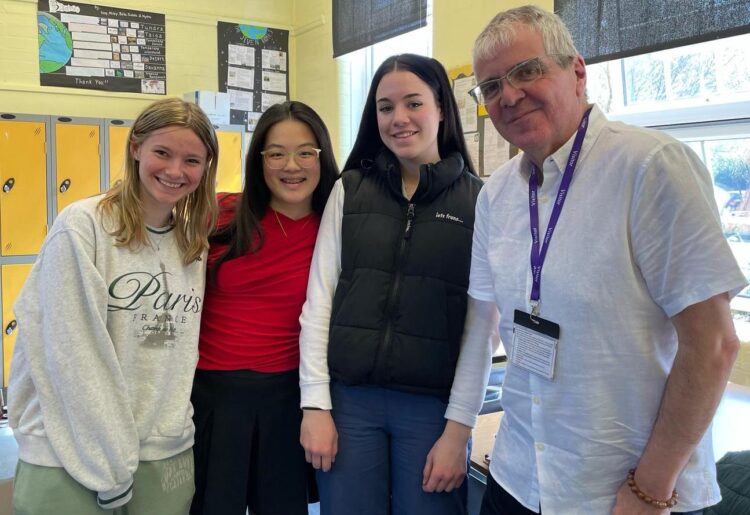Aspiring journalists at a local school recently heard about the experiences and challenges of life as a local newspaper journalist, writes Evie Porter.
Last month, Andrew Batt from Wokingham Today and Reading Today was invited to Reading’s Kendrick school to share his knowledge with members of the school’s journalism club.
He answered questions, discussed the current landscape of local news, and gave advice to Kendrick’s aspiring journalists.
Andrew spoke about his career pathway, beginning during his time at Wokingham’s Emmbrook School, when he was an avid supporter of his local football club. He made it a habit to take photos at each of the matches, and was subsequently noticed by a local newspaper who requested to publish his photos.
This moment was the catalyst in launching a lifelong dedication to journalism.
During Andrew’s decades-long career, the journalistic landscape has changed in immeasurable ways.
As a generation who have grown up in a digital age, it was fascinating to learn about the complexities of photojournalism when there wasn’t the modern convenience of mobile phone technology.
Where now it takes milliseconds to snap a photo, during the early 1990s while Andrew worked at Bracknell News as a trainee photographer, he used film. This meant he had to wait to develop photos in a chemical darkroom view them, and while on the job he had no clue how his work would turn out.
Andrew’s personal collection of historical newspapers was another example of how reporting has evolved.
We saw a 1930s newspaper whose dense text had been printed with back-to-front writing on metal blocks (the phrase ‘hot off the press’ makes a lot more sense now), and a WW2 newspaper that consisted of only four pages due to paper rationing.
To many of us, who largely receive our news instantly after publication on mobile apps, these methods were completely alien.
The idea of an accelerated world was a recurring theme across the talk; Andrew said that he gets most enjoyment out of being the first to break a story – but this is getting tougher.
Whereas previously a journalist would pick up the phone and have a conversation, now news is published across social media channels and anyone can make a story out of it.
This has made the already fast-paced climate of reporting more competitive, and Andrew said that a good journalist needs to possess a strong dose of dynamism in order to keep up.
Andrew also gave the audience tips on how we can get into journalism.
From stressing how a good base of knowledge contributes to confidence during interviews, to researching all sides of every story, his advice was invaluable.
He placed great emphasis on the importance of getting into the habit of writing regularly.
One of the questions revolved around artificial intelligence (AI), and how the development of AI has impacted journalism.
In a time of constant background noise about AI’s threat to the job market, Andrew’s opinion was refreshing.
He suggested that the role of a journalist was to create content, the content which AI insatiably consumes in order to power its database and he argued that journalists are crucial to AI’s functioning.
I thought this was a very thought-provoking response, particularly after reading about how AI has begun to produce and consume its own content and the fears about quality and reliability that come with that.
The journalism club thanked Andrew, and to Mrs Shaw for facilitating the visit.
The Kendrick journalism club looks forward to building a closer relationship with Andrew, and with Reading Today and Wokingham Today.



